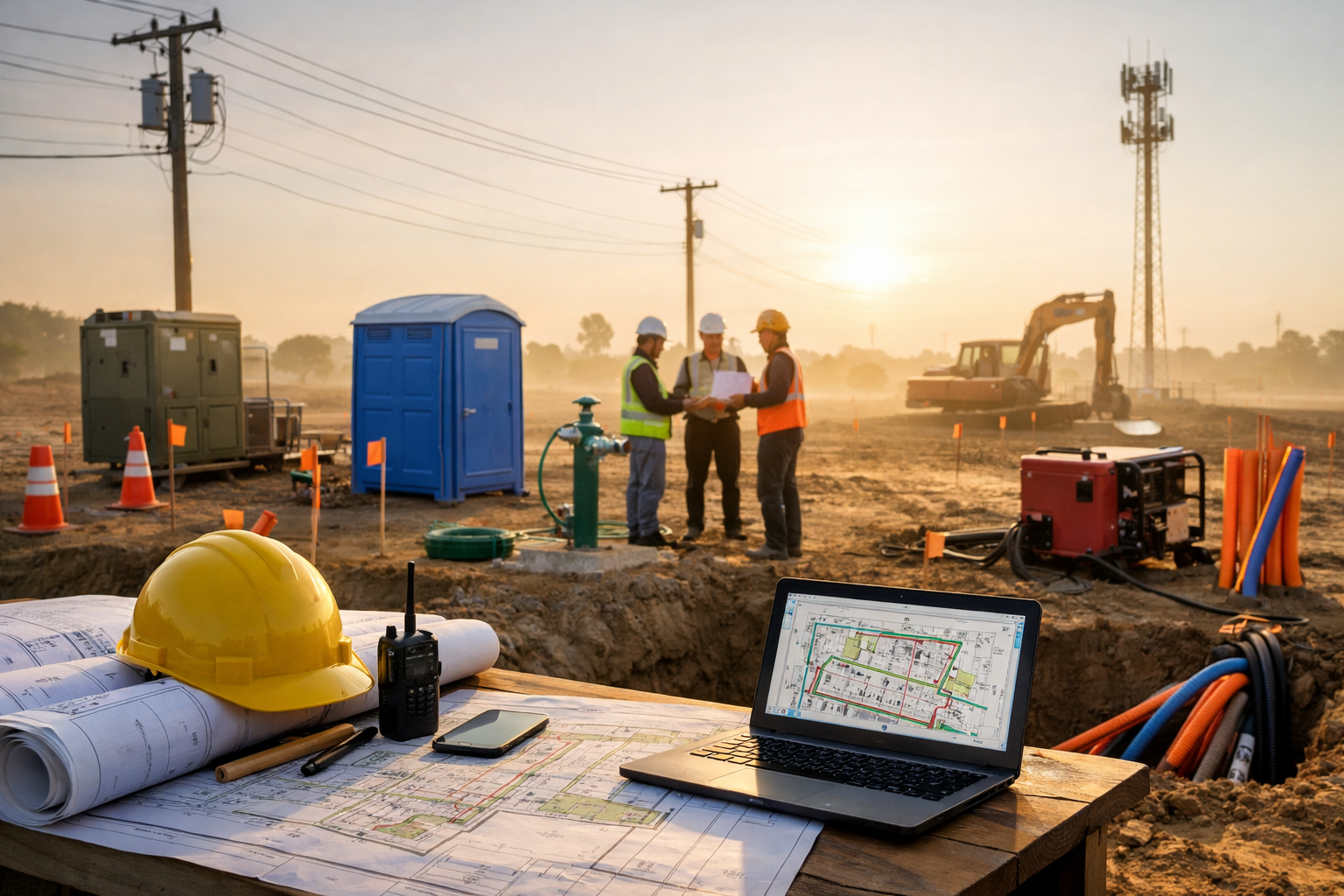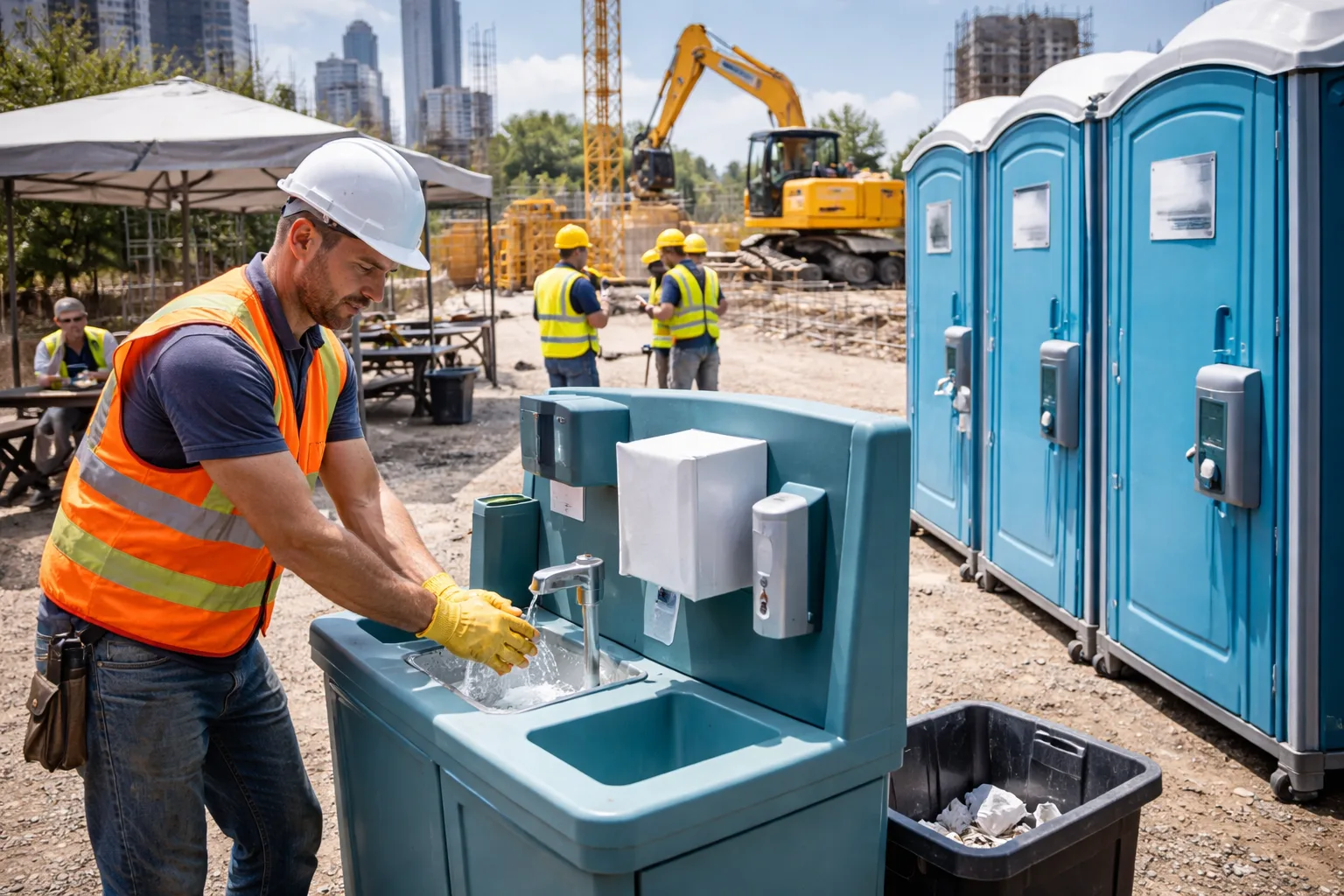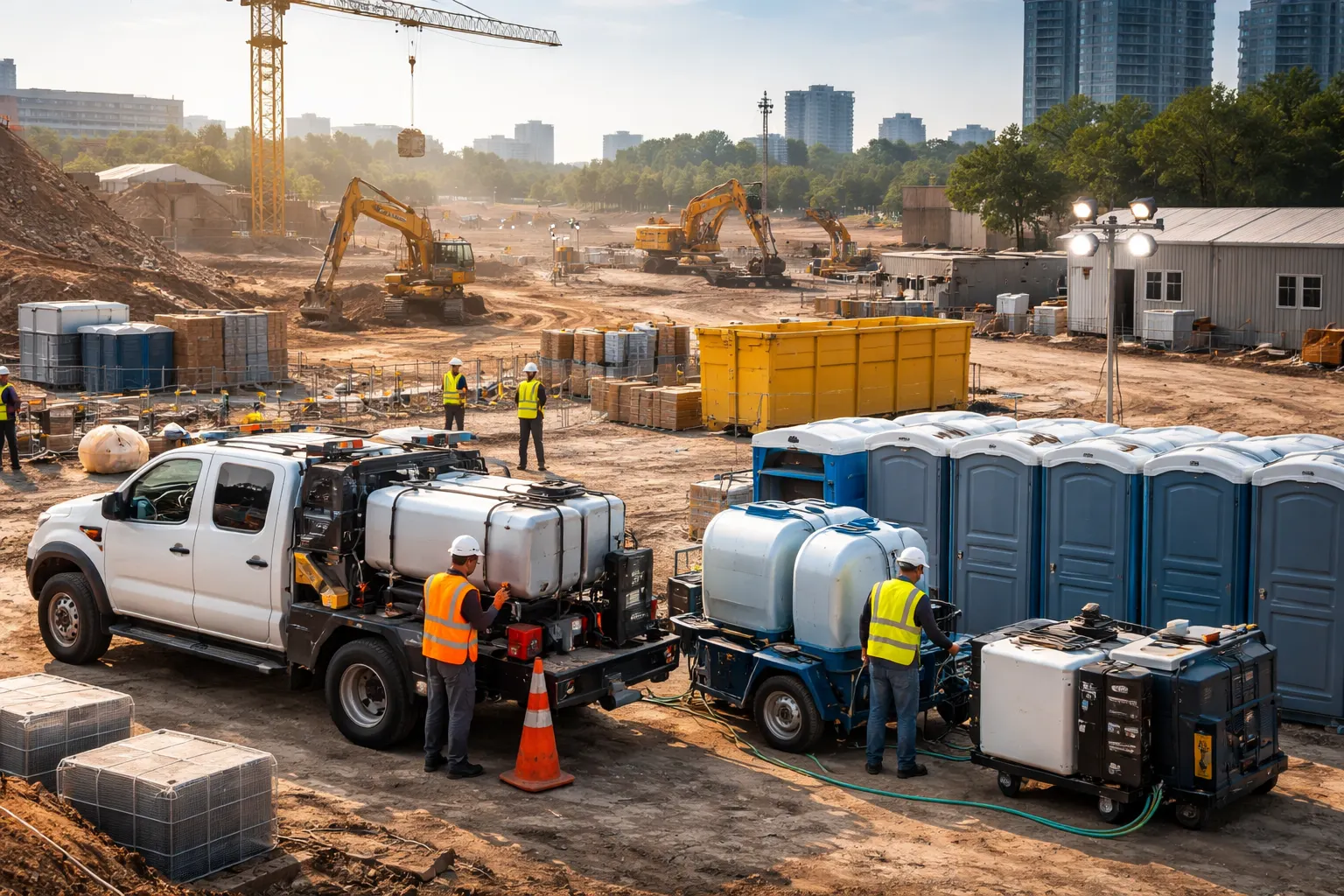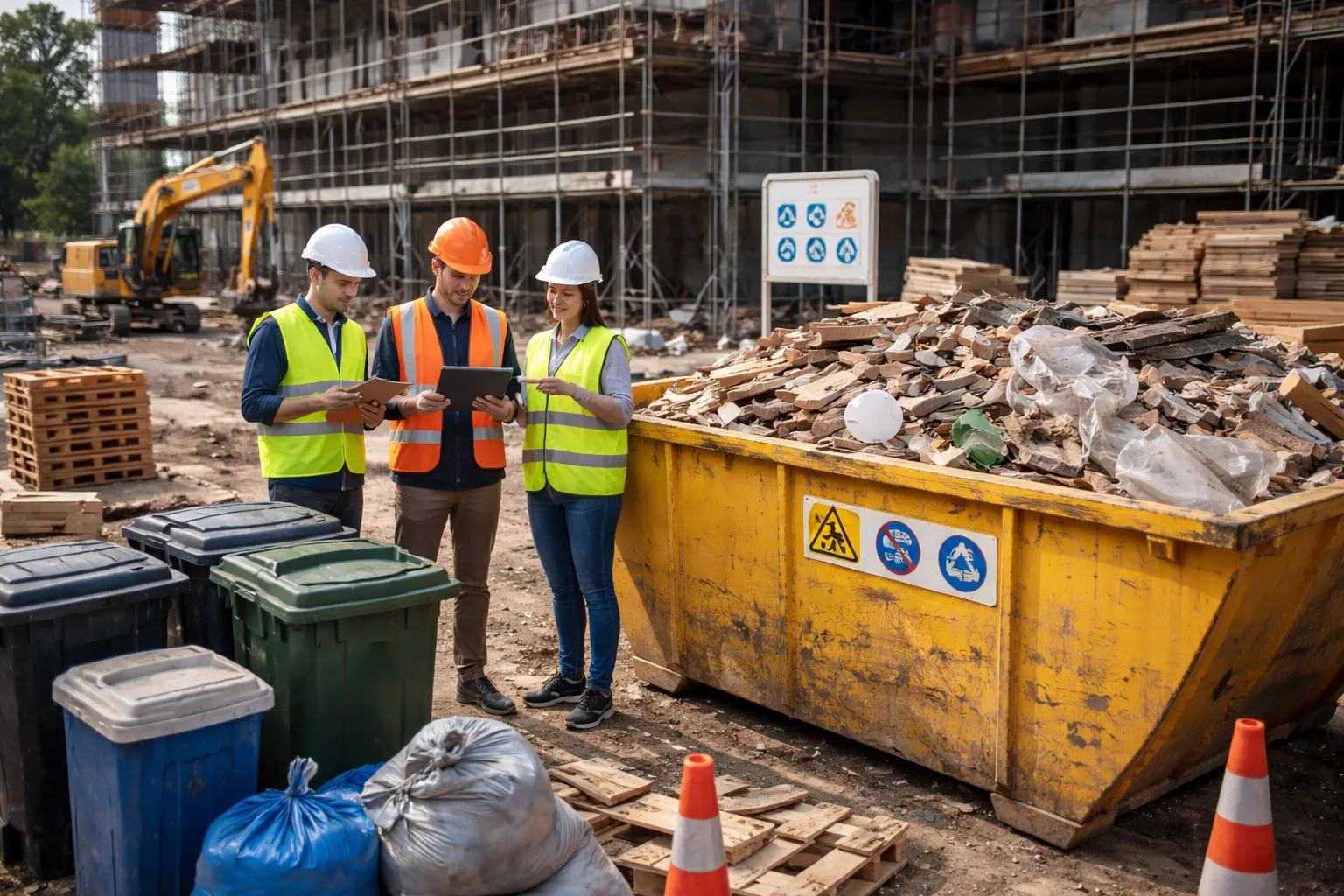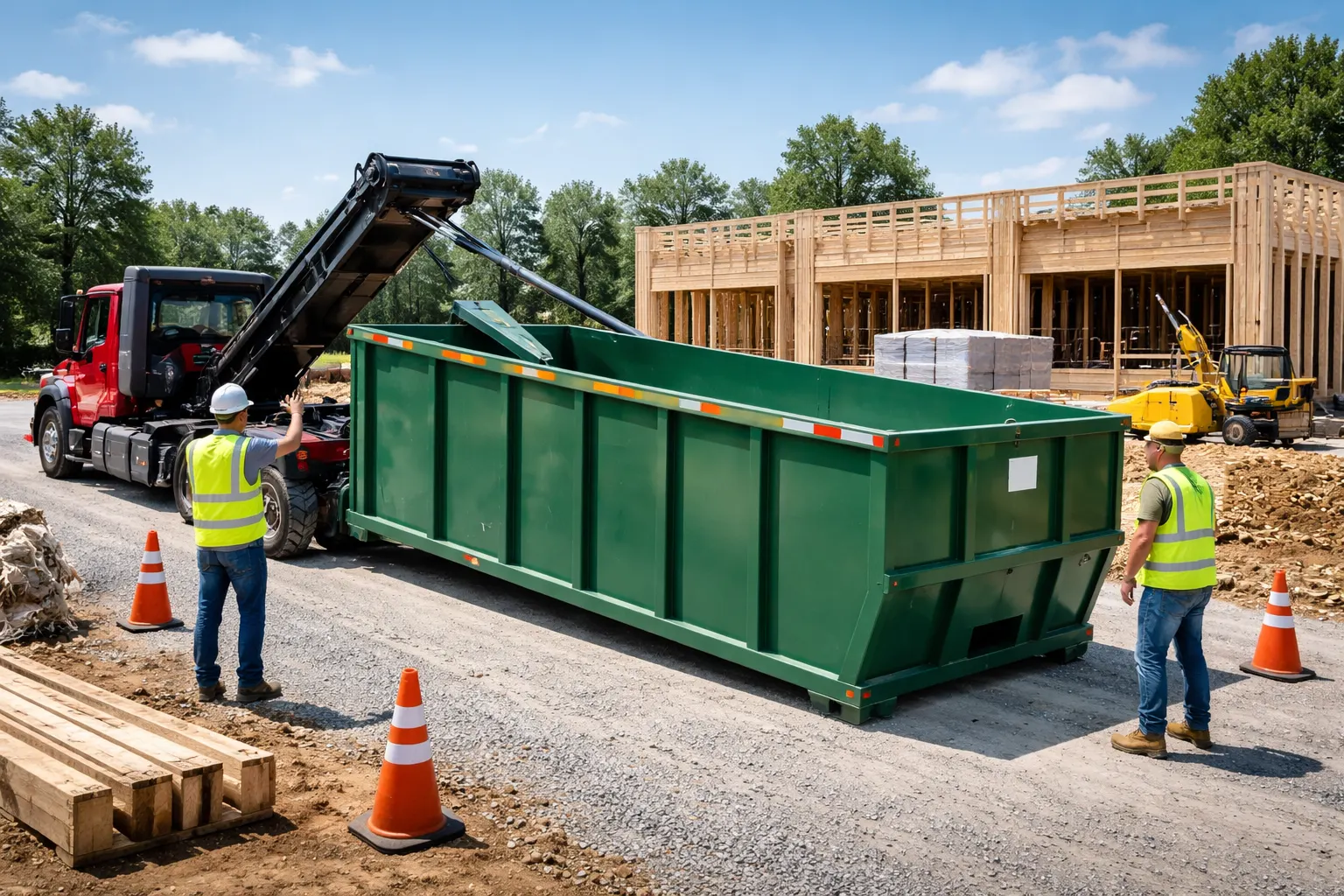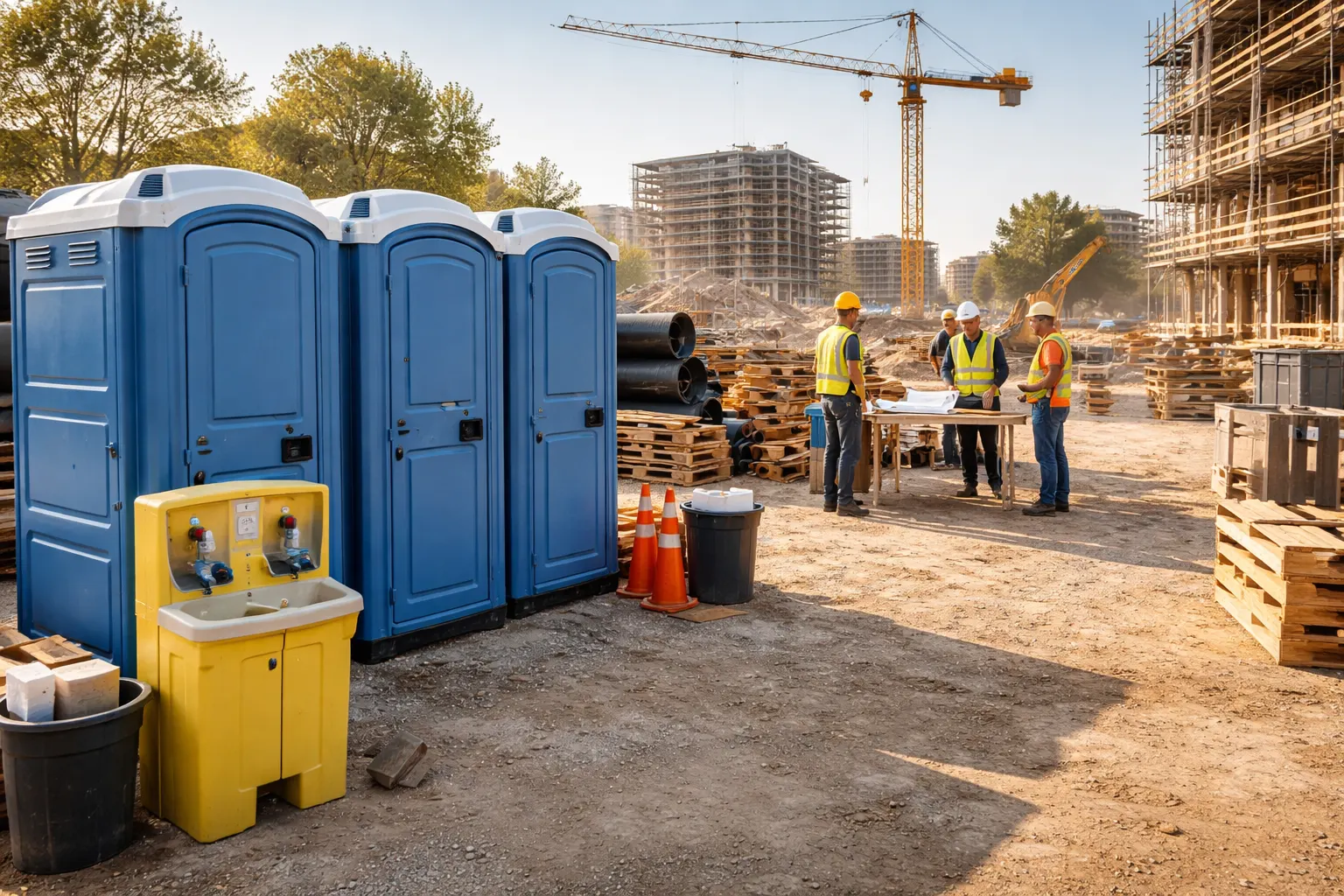In today’s fast-paced construction industry, efficiency is key. With the advent of technology, construction site management is undergoing a significant transformation. The integration of smart rentals is not just a trend but a necessity for improving project timelines, reducing costs, and enhancing safety.
The concept of smart rentals revolves around using advanced technology to optimize the management of rental equipment. From tracking tools to digital platforms, these innovations are revolutionizing how construction sites operate.
Understanding Smart Rentals
Smart rentals involve leveraging technology to manage construction equipment more effectively. This can include GPS tracking, IoT (Internet of Things) devices, and digital platforms that provide real-time data on equipment usage, location, and maintenance needs.
For instance, GPS tracking allows site managers to know exactly where each piece of equipment is at any given time. This not only helps in preventing theft but also ensures that machinery is used efficiently.
Benefits of Smart Rentals
Smart rentals offer numerous benefits to construction companies. These include:
- Improved Efficiency: By knowing the exact location and status of equipment, companies can reduce downtime and ensure that every piece of machinery is used to its full potential.
- Cost Savings: With better management and reduced waste, smart rentals can significantly cut costs. There’s less need for unnecessary rentals and fewer expenses on repairs due to better maintenance tracking.
- Enhanced Safety: Real-time data allows for proactive maintenance, reducing the risk of equipment failure and accidents on site.
Technology Driving Change
Several technologies are at the forefront of transforming construction site management through smart rentals.
IoT and Equipment Tracking
The Internet of Things (IoT) is a game-changer in construction site management. IoT devices attached to rental equipment provide real-time data on usage, performance, and location. This data is invaluable for site managers looking to maximize efficiency and safety.
Digital Platforms
Digital platforms that integrate with rental equipment provide a centralized hub for managing all aspects of equipment usage. These platforms can offer insights into usage patterns, maintenance schedules, and cost analysis, helping managers make informed decisions.
For example, some platforms offer alerts for upcoming maintenance, ensuring that equipment is serviced on time and reducing the likelihood of breakdowns.
Augmented Reality (AR)
Augmented reality is another technology making waves in construction site management. By overlaying digital information onto the physical world, AR can assist in equipment operation training, reducing the learning curve for new operators and enhancing safety protocols.
Implementing Smart Rentals on Site
Transitioning to smart rentals requires careful planning and implementation. Here are some steps to consider:
Assessing Current Needs
Before adopting new technologies, it’s essential to assess the current needs of your construction site. Determine which equipment would benefit most from smart technology and identify the key areas where efficiency can be improved.
Choosing the Right Technology
Not all smart rental solutions are created equal. It’s crucial to choose the technology that best fits your site’s needs. Consider factors like ease of use, integration capabilities, and the specific features offered by each platform.
Training Staff
Introducing new technology requires training for your staff. Ensure that all team members are comfortable with the new systems and understand how to use them effectively. This will maximize the benefits and ensure a smooth transition.
Monitoring and Evaluation
Once implemented, continuously monitor the effectiveness of the smart rental solutions. Evaluate the impact on project timelines, costs, and safety to ensure that the technology is delivering the expected benefits.

Case Studies: Success Stories in Smart Rentals
Several construction companies have successfully integrated smart rentals, reaping significant benefits.
Case Study 1: ABC Construction
ABC Construction implemented a comprehensive IoT-based tracking system for their rental equipment. As a result, they saw a 20% reduction in equipment downtime and a 15% decrease in overall rental costs. The real-time data allowed them to optimize equipment usage and enhance project efficiency.
Case Study 2: XYZ Builders
XYZ Builders integrated a digital platform that provided detailed analytics on equipment usage and maintenance. This led to improved decision-making and proactive maintenance scheduling, resulting in a 25% reduction in equipment-related accidents on site.
The Future of Smart Rentals
The future of construction site management is undoubtedly digital. As technology continues to evolve, the potential for smart rentals to enhance efficiency, safety, and cost-effectiveness will only grow.
Emerging Trends
Several emerging trends are set to shape the future of smart rentals:
- Artificial Intelligence (AI): AI can analyze vast amounts of data from construction sites, offering insights that can further optimize equipment usage and maintenance.
- Blockchain Technology: Blockchain can provide secure, transparent records of equipment usage and maintenance, enhancing trust and accountability in rental transactions.
Conclusion
Smart rentals are transforming the construction industry, providing the tools needed to manage sites more effectively. By embracing technology, construction companies can improve project outcomes, reduce costs, and enhance safety. As the industry continues to evolve, staying ahead of these trends will be crucial for success.
Embrace smart rentals today and position your construction company at the forefront of innovation in site management.

